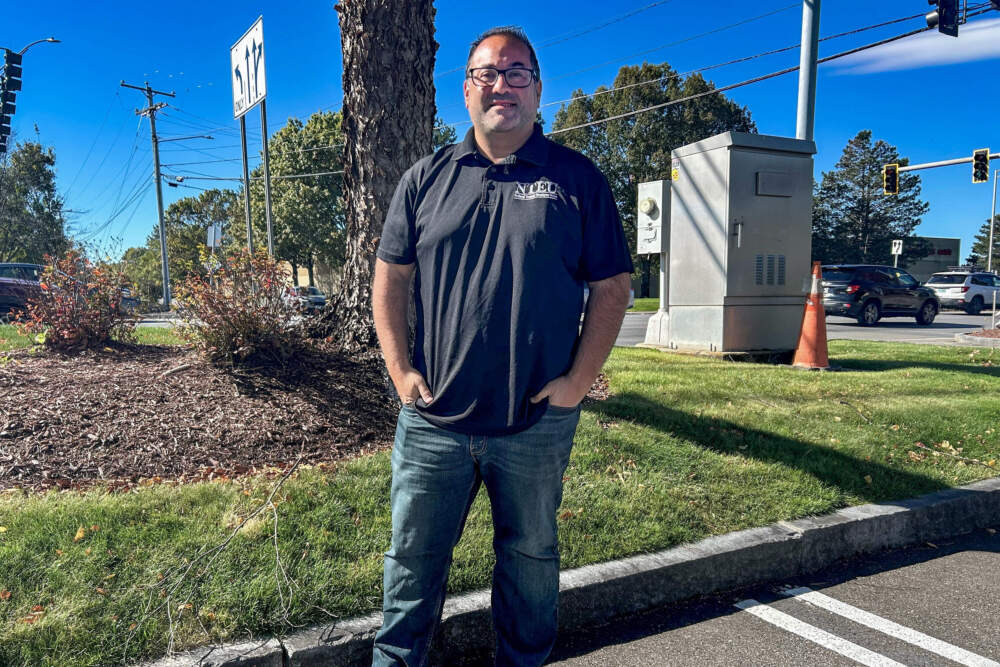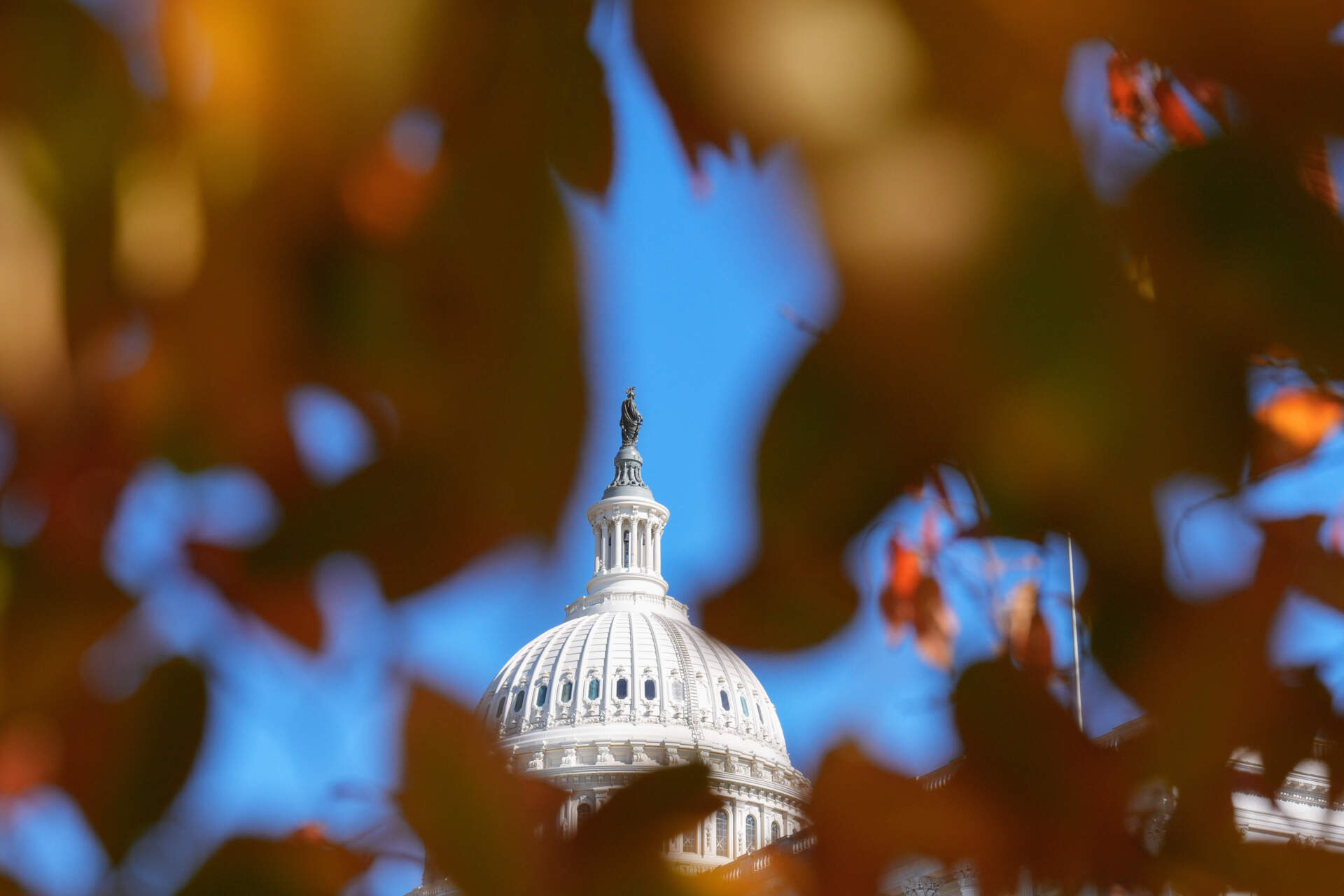As Republicans and Democrats remain deadlocked in their fight over health care subsidies, hundreds of thousands of federal workers are paying the price.
Among them is Beth Willwerth, an IRS employee in Andover. She has worked for the federal government for 16 years — and has experienced this before.
“I’ve seen how terrible shutdowns can be,” said Willwerth, who is the local chapter president of the National Treasury Employees Union (NTEU).
Willwerth lived through the 35-day shutdown during the first Trump administration, the longest in the country’s history. It started at the end of 2018 and caused many of her co-workers to go through the holiday season without pay. Willwerth said many people missed car and mortgage payments, and depended on food pantries and short-term loans to get by.
The current shutdown appears to be headed for a similarly long stretch.
When it started, Willwerth continued to work and was paid from a fund that covered salaries for the first five days. But that dried up fast. Last Friday her supervisor told her not to come to work.
She’s now among hundreds of thousands of federal workers who’ve been furloughed — forced to go on leave without pay.
“It’s absolutely shocking,” she said.

As a single mother with a 17-year-old daughter who’s making plans to go to college next year, Willwerth is worried.
“The cost of college is astronomical,” she said, on top of keeping up with mortgage and car payments.
Gary Karibian, a revenue officer with the IRS in Manchester, New Hampshire, describes the current shutdown in a single word: “chaos.”
“My biggest concern right now is whether we’re going to get paid or not,” Karibian said, referring to President Trump’s suggestion that not all furloughed workers will receive backpay — despite a law he signed in his first term guaranteeing it.
At the same time, the administration is trying to fire thousands of federal workers in agencies that don’t align with its political priorities, including the IRS. A federal judge has temporarily blocked those firings, but the White House is appealing.
Karibian, a union steward with NTEU, has also been furloughed. He said the collision of events in Washington is causing a lot of confusion.
“It’s very chaotic in terms of who’s staying and who’s going,” Karibian said. “Are we going to get paid? And how long is this going to last?”
Karibian, 45, has a wife and two children. He said he’ll be OK missing a couple of paychecks, but if the shutdown stretches on, he’ll need another job.
“Both sides have seemingly dug their heels in,” he said. “So for my family, yes, I have to start looking. I don’t have a choice.”

The current shutdown is compounding the uncertain environment the federal workforce has been navigating recently. The Trump administration’s efforts to shrink the federal workforce have been underway for months before the government shutdown. It included Elon Musk’s Department of Government Efficiencyor “DOGE,” which aggressively slashed jobs. But it goes back even further than that.
In 2023, Russell Vought, one of the architects of Project 2025 who now heads Trump’s Office of Management and Budget, spoke at an event hosted by his conservative think tank, the Center for Renewing America.
“We want the bureaucrats to be traumatically affected,” Vought said in remarks first reported last year by ProPublica. “When they wake up in the morning, we want them not to want to go to work because they are increasingly viewed as the villains.”
Vought was describing his vision to restructure the federal government by freezing government programs, dismantling entire agencies and firing federal workers.
“We want to put them in trauma,” he said at the time.
Many are now feeling the trauma. Meanwhile, Trump refers approvingly to Vought as “the grim reaper.”
It all makes for a tough moment for federal workers like Willwerth and Karibian.
“I’m not a bureaucrat,” Karibian said. “I just do my job.”
He sees his work as serving and protecting ordinary Americans by bringing in revenue to fund various agencies — from the Food and Drug Administration to the Environmental Protection Agency.
“Without those agencies, we are less safe,” he said.
People should think of federal workers as friends and neighbors doing necessary work for the country, rather than faceless bureaucrats, Karibian added.
Willwerth, the furloughed IRS worker from Andover, said she hopes to see the day when political battles in Washington won’t cost federal workers their livelihoods.
“It’s about time that we stop being used as pawns in this situation,” she said.


اترك تعليقاً